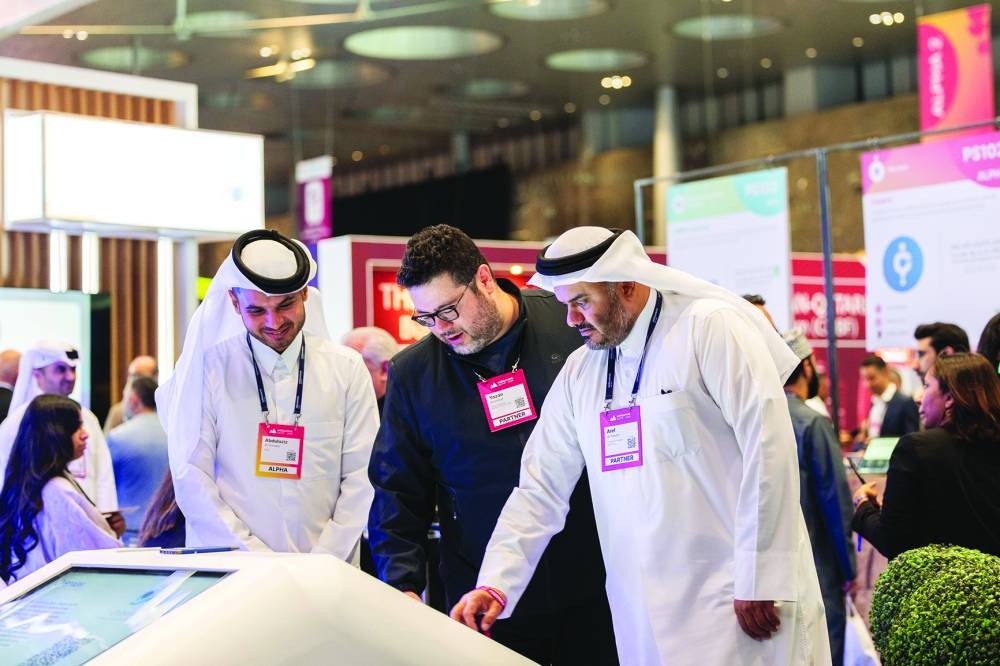A key player situated at the heart of Qatar’s innovation ecosystem, Hamad Bin Khalifa University (HBKU) proved to be a natural partner for Web Summit Qatar 2024.
Through the showcasing of eight technologies and eight startups developed within its research and innovation ecosystem and participation in expert discussions, the university’s contribution underscored its commitment to entrepreneurship and making connections between changemakers to address national research priorities and global challenges. Web Summit Qatar 2024 was also an opportunity to highlight HBKU’s focus on research commercialisation, as well as how academic institutions shape and inform knowledge-based economies.
Dr Ahmad M Hasnah, president, HBKU, noted: “Web Summit Qatar 2024 is a confirmation of the country’s determined leadership in establishing a truly international science and technology hub and center for entrepreneurship and innovation. It is a journey defined by constant collaboration between academia and industry, and one that will continue for the foreseeable future.”
Eight start-ups featured at Web Summit Qatar 2024 were initiated by HBKU researchers, faculty, and students, with support from the university’s robust incubation and development infrastructure. Facilitated by HBKU’s Office of Innovation and Industrial Relations, the university's comprehensive innovation management model aids entrepreneurs throughout their entrepreneurship journeys, offering access to resources and expertise within HBKU’s innovation ecosystem.
Thuraya Nasser al-Mulla, a student at HBKU’s College of Science and Engineering, represented the university’s entrepreneurial community in a talk highlighting her sustainable fintech startup receipts, which aims to foster sustainable consumerism by introducing smart receipts and reducing paper waste.
HBKU played a leading role in fostering collaboration between like-minded institutions and entities at Web Summit Qatar 2024, with faculty and researchers joining a global dialogue on critical topics that inform Qatar’s national research priorities.
Members of the CSE faculty gave talks on an array of topics at the cutting edge of artificial intelligence (AI), such as the emergence of edge intelligence, impact of quantum computing, and importance of AI education. They also commented on and analyzed existing applications of Green Tech in agriculture, desalination, oil and gas production, and other industries.
Qatar Computing Research Institute weighed in on a variety of subjects impacting technology research, including advancements made in the deployment of large language models and strengthening of IT systems from increasing cybersecurity threats. Dr Sanjay Chawla, research director, Data Analytics, joined a future-oriented discussion on how organisations can integrate generative AI into workflows to drive creativity and innovation while ensuring advancements are covered by cybersecurity measures.

HBKU showcased eight technologies and eight startups.
